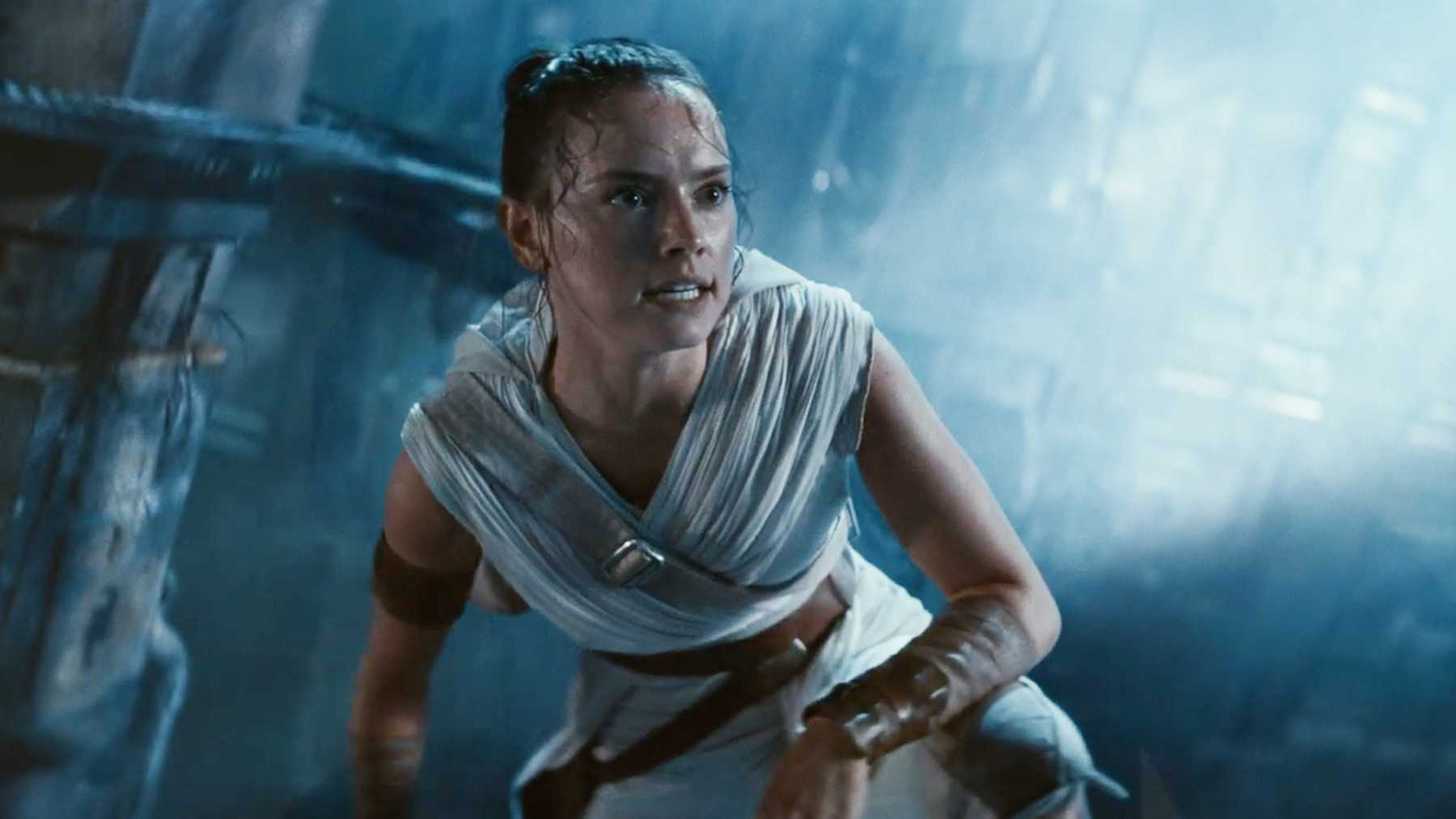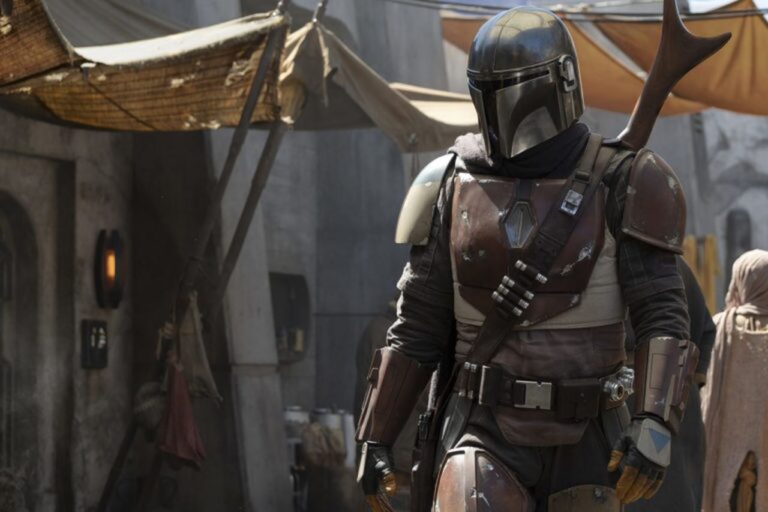Rise Of Skywalker Vs. “The Mandalorian”
Glimpsing The Future A Long Time Ago In A Galaxy Far, Far Away


Latest Article|September 3, 2020|Free
::Making Grown Men Cry Since 1992

